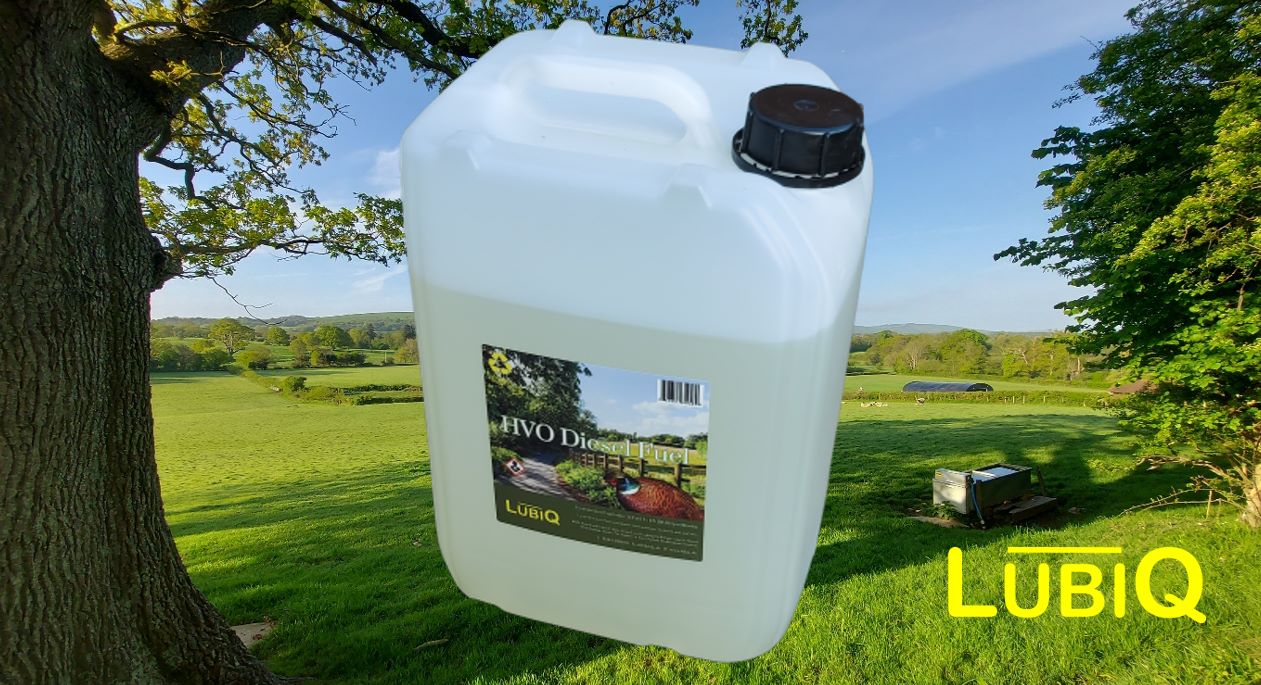If you are looking for HVO fuel UK or wondering where can I buy HVO fuel for my car or boat, the outlook is not very good. Forecourts with HVO at the pump are rare, but you can order a 10 or 20 litre jerrycan of HVO renewable diesel on this website for next day delivery to your door.
For your interest, there is a Jet garage at Catterick Garrison, a Peak Oil depot at Chesterfield and a Certas truck stop in Thurrock where HVO fuel can be purchased at the pump! A further 15 truckstops around the UK also offer this fuel on Radius UK Fuels cards.
While large fleets or farms can order a bulk delivery of 38,000 litres or a 1000 litre IBC of HVO diesel it is difficult to order or fill up with small quantities for pressure washers, ride on lawn mowers, or generators.
HVO (hydrotreated vegetable oil) is a synthetic (man-made) fossil free diesel fuel made from used cooking oil and animal fats that is a truly remarkable high purity diesel for which no engine or fuel tank changes at all are required. You can even mix it in any proportion with normal diesel.
Most of the European production facilities for this diesel are in the UK, Scandinavia, Holland, or France at the moment, in Finland or Sweden, HVO fuel stations are fairly common.

Using HVO fuel UK as your green diesel option reduces green house gas like CO2 by more than 85% and Nitrous Oxides by 25% plus. At LubiQ we act like an HVO fuel station by supplying bulk drops, 10 and 20 litre UN-approved jerrycans to your door by overnight courier!
We also supply diesel dispenser tanks, bulk drops or IBCs, and portable fuel tanks as well as rebated red HVO with marker dye for some limited applications in marine, railway or agricultural trades.
Power your boat, train, generator, or building site machinery, with almost no blue smoke and smell and a huge reduction in harmful gases and particulates using this advanced biofuel!
Please be free to call us on 01324 309100 or email our family-run fuel firm on: oil@lubiq.uk
Offices in Grangemouth, London, Derby, And Gloucester

